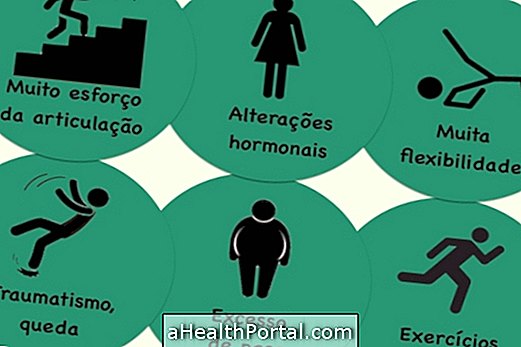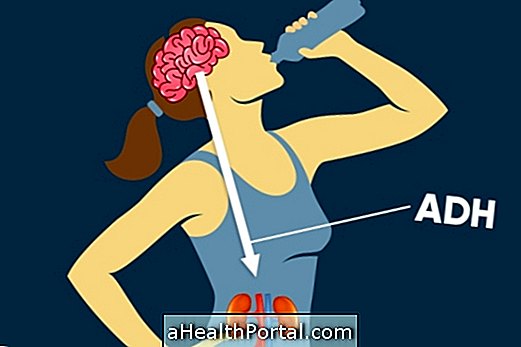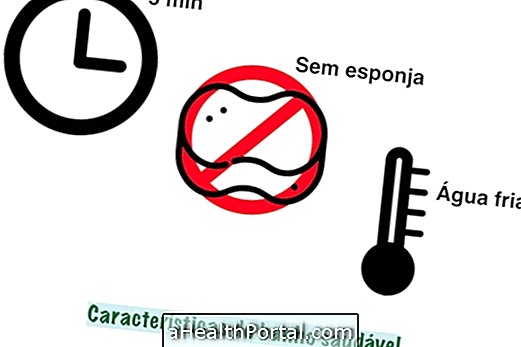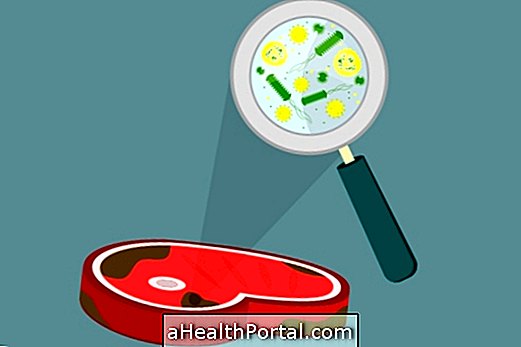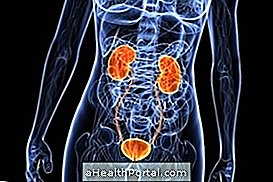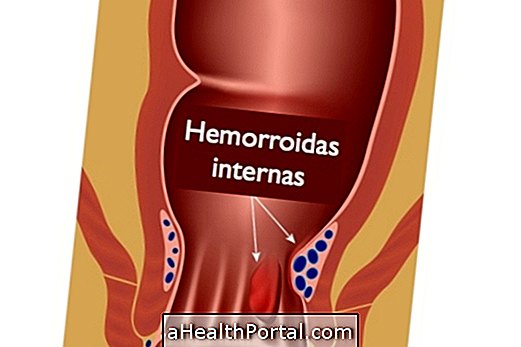Chronic kidney disease, also known as chronic renal failure, is characterized by progressive loss of ability of the kidneys to filter the blood, causing the patient to present symptoms such as swelling of the feet and ankles, weakness and foam in the urine, for example .
Generally, chronic kidney disease is more frequent in elderly, diabetic, hypertensive patients or in individuals with a history of renal disease in the family. Therefore, these individuals should have a urinalysis and a blood test, with creatinine dosage, to check whether or not they have kidney failure.
Chronic kidney disease, according to the type of kidney injury, can be divided into 3 stages:
- Chronic stage 1 kidney disease: normal renal function, but urinalysis or ultrasound results indicate kidney damage;
- Stage 2 chronic kidney disease: reduced loss of renal function and results of tests that indicate renal damage;
- Chronic kidney disease stage 3: moderately reduced renal function;
- Chronic kidney disease stage 4: Renal function heavily affected;
- Stage 5 chronic renal disease: Severe reduction of renal function or end-stage renal failure.
Chronic kidney disease has no cure but can be controlled with nephrologist-prescribed remedies and a nutritionist-oriented diet. However, in cases of stage 4 or 5 kidney disease, hemodialysis or renal transplantation is required.
Treatment for Chronic Kidney Disease
Treatment for chronic kidney disease should be guided by a nephrologist, but it is usually done with medicines that help control symptoms, including diuretics such as Furosemide, or medicines for high blood pressure such as Losartan or Lisinopril.
In addition, patients with chronic kidney disease should eat a diet low in protein, salt, and potassium as recommended by a nutritionist. Learn what can or can not eat in chronic kidney disease in: Diet for kidney failure.
In more advanced cases, treatment may include hemodialysis to filter the blood, removing any impurities that the kidneys can not, or a kidney transplant.
Symptoms of Chronic Kidney Disease
Symptoms of chronic kidney disease include:
- Urine with foam;
- Swollen feet and ankles, especially at the end of the day;
- Anemia;
- Tiredness that is often related to anemia;
- Begin to urinate more often, especially at night;
- Weakness;
- Malaise;
- Lack of appetite;
- Swelling of the eyes, which usually only appear at a later stage;
- Nausea and vomiting, at a very advanced stage of the disease.
The diagnosis of chronic renal failure can be done by examining urine, which detects or not the presence of protein albumin, and blood test with creatinine dosage, to check its quantity in the blood. In chronic kidney disease, albumin is present in the urine and the blood creatinine concentration is high.
Find out more about this woman in:
- Symptoms of chronic kidney disease
- Hemodialysis

